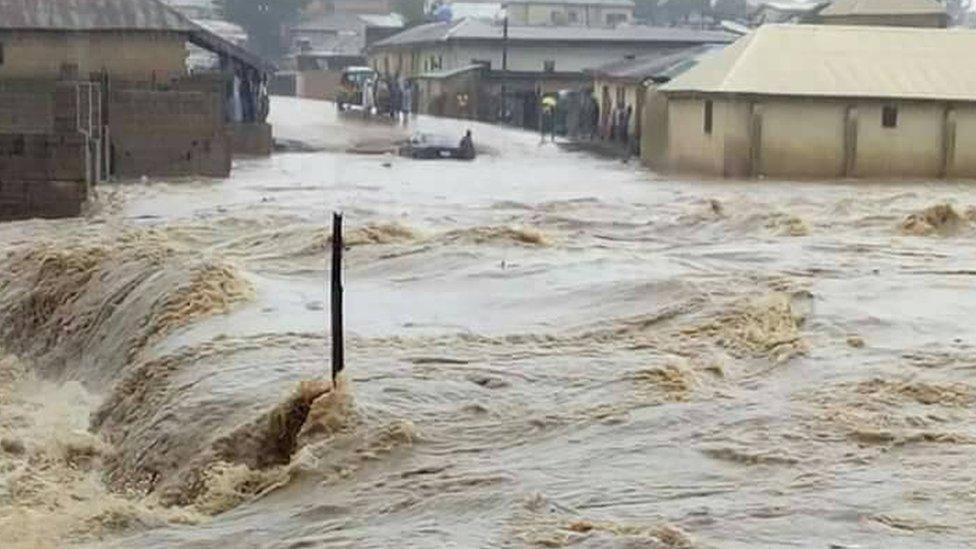
Iliyasu Abdullahi Bah
In a proactive response to recurring seasonal flooding, the Kaduna State Government has initiated a large-scale environmental project aimed at desilting approximately 200,000 metres of drainage channels across the state.
The initiative, which commenced on Thursday, is designed to improve water flow, reduce flood risks, and protect vulnerable communities from the devastating impacts of flash floods.
The project was officially flagged off at an event in the Sabon Tasha area, a location specifically selected due to its recent experiences with destructive flash flooding. The ceremony was led by the Commissioner for Environment and Natural Resources, Mr. Abubakar Buba, who was represented by the Permanent Secretary of the Ministry, Mrs. Linda Yakubu.
The Commissioner emphasized that the drainage expansion and desilting effort is being implemented in collaboration with the Agro-Climatic Resilience in Semi-Arid Landscapes (ACReSAL) project, ensuring technical and financial support for the extensive operation. The initiative will target key urban centres including Kaduna, Zaria, and Kafanchan.
Highlighting the government’s commitment to scaling up its efforts, Mr. Buba noted that the state cleared 160,000 metres of drainages in the previous year and has increased the target to 200,000 metres this year to extend coverage and enhance protection for more communities.
He also called on residents to take responsibility for maintaining the infrastructure, stating that while the government provides and maintains the drainages, citizens must refrain from dumping refuse in them to allow free flow of water. Condemning the practice of dumping waste on median separators, describing it as both an eyesore and a public health hazard that increases the risk of disease outbreaks.
The National Emergency Management Agency (NEMA), underscored effective disaster management is a collective responsibility. Acknowledging government efforts and urging residents to stop dumping waste into drainages to complement the infrastructural measures.
This comprehensive approach combining infrastructure expansion, public awareness, and inter-agency collaboration reflects Kaduna State’s strengthened strategy to build resilience against climate induced flooding and promote sustainable urban environmental management.
The Nigerian Meteorological Agency (NiMet) has issued a fresh warning that 20 states across the country are at risk of flash flooding in July 2025, as rainfall intensifies.
In its Flash Flood Risk Alert, NiMet said that Kaduna is part of the affected state that will face levels of flood threats due to the onset of heavy and frequent rainfall.
Experts further highlight the critical need for public cooperation, stressing that community education on risk awareness and preparedness particularly on ceasing the dangerous practice of dumping waste in drains is essential to complement government efforts.
